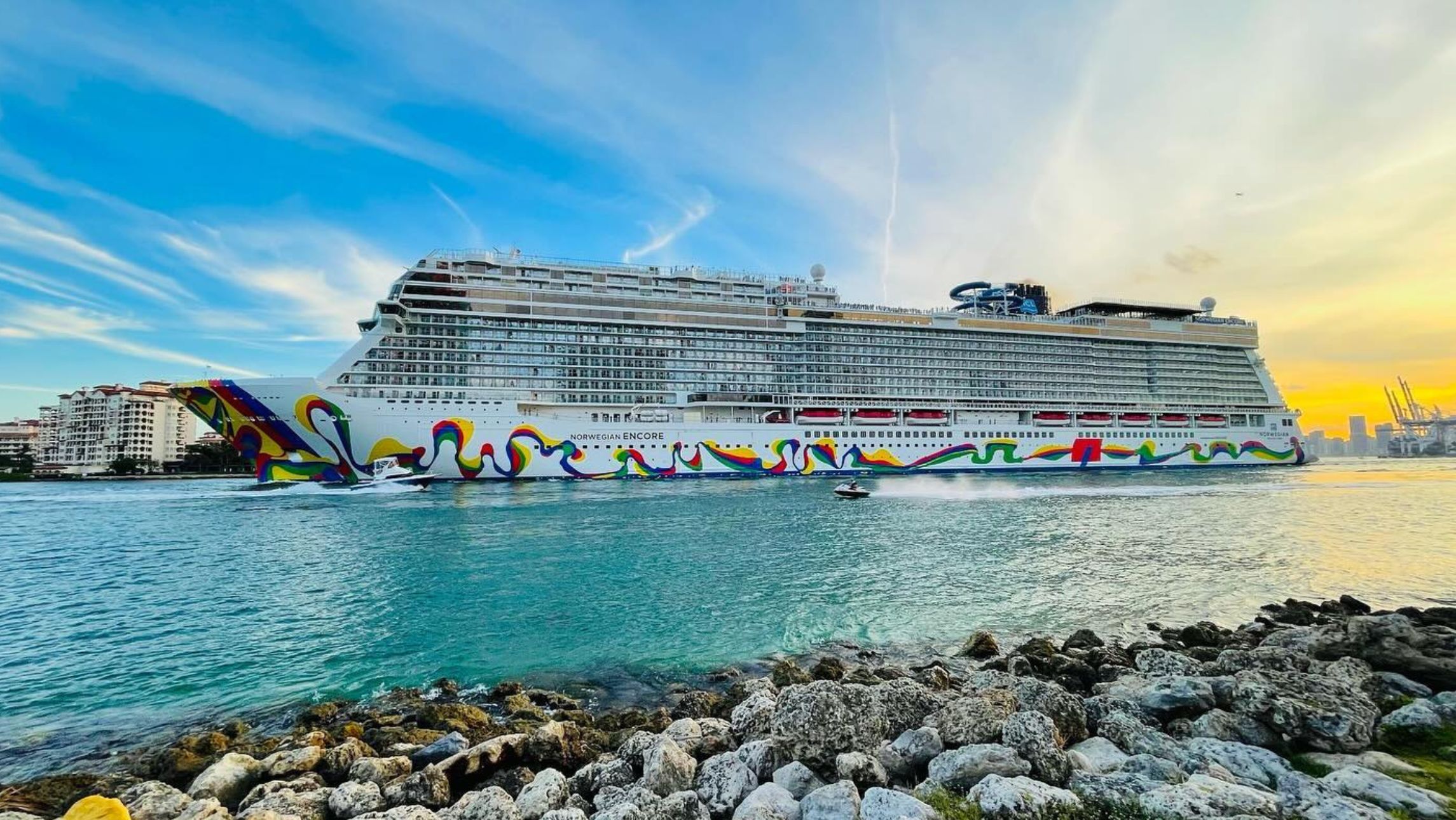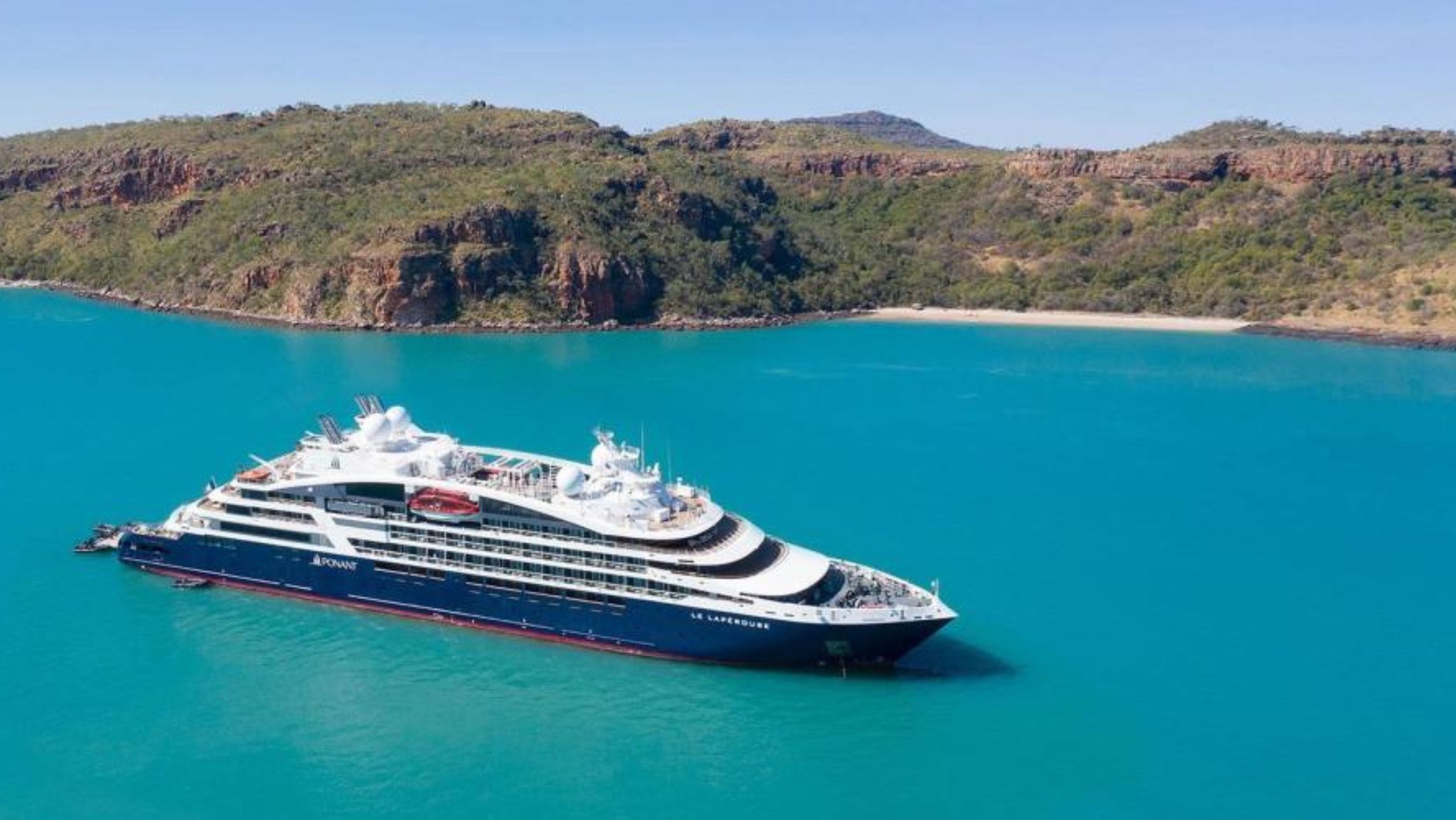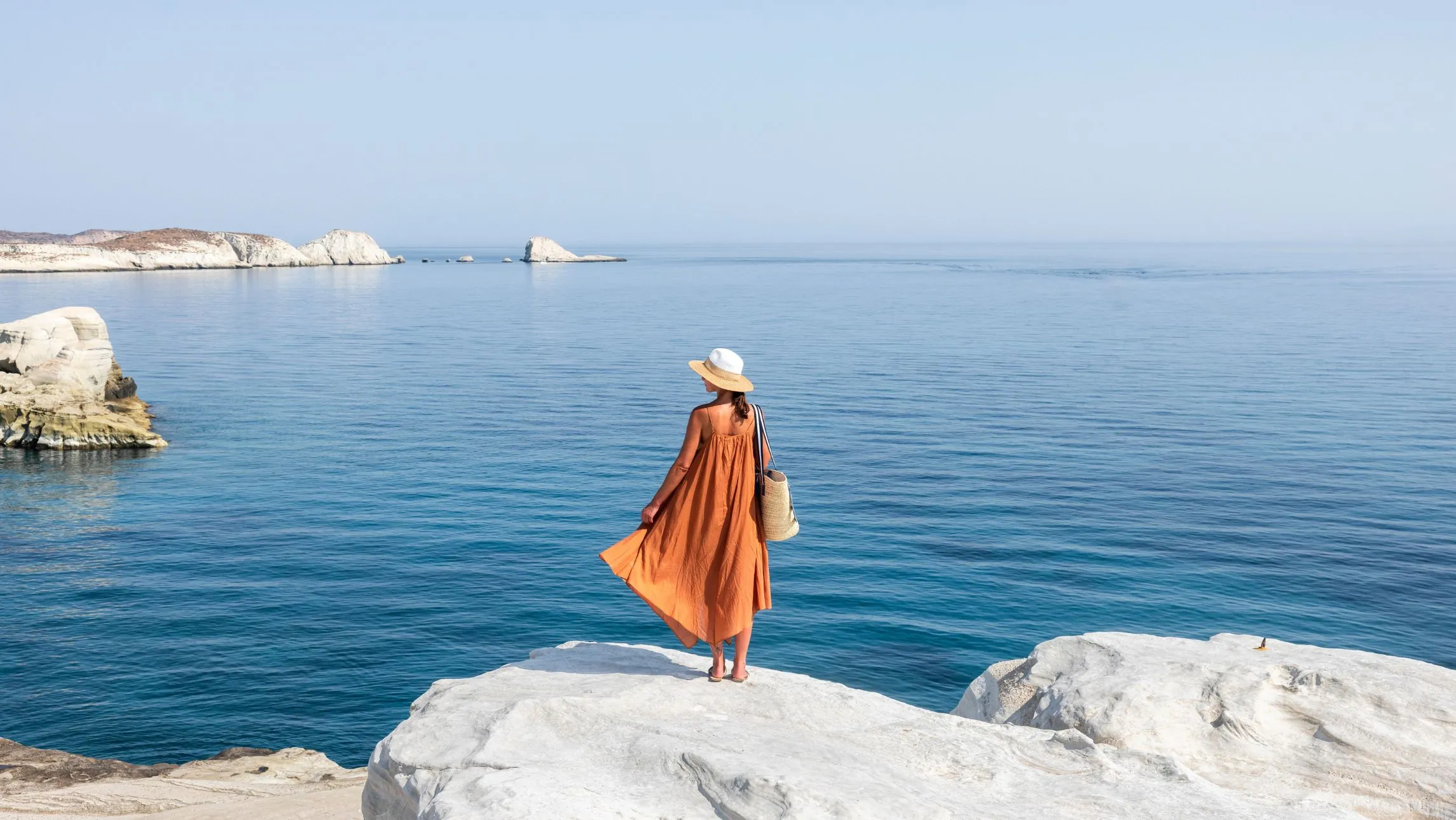While the beautiful part of cruising is getting to visit many places and experience many cultures in quick succession, however, this can also mean visiting places that you might not be so familiar with.
Therefore it’s important to always take precautions when in port, to ensure your personal safety and the safety of your travel party.
For example, as cruise ships return to New Caledonia after months of civil unrest, it highlights the importance of cruisers doing their research and being aware of their safety as they explore in port. Furthermore, a cruise was recently attacked at knifepoint in Papua New Guinea while in port.
Another Australian cruiser, cruising with Holland America in the Phillipines recently drowned while swimming at the beach. The reported cause was respiratory failure. While this was obviously an unavoidable incident, it further demonstrates the importance of prioritising safety in port.
While incidents like this are extremely uncommon, and in general cruising is one of the safer ways to travel, it’s always worth paying a bit of extra attention to your safety, and taking a few minutes to research the ports you’re going to and making yourself aware of what to look out for there.
Of course the majority of shore excursions will always be completely safe, there are still definite ways to take extra precautions to ensure your vacation is not just an amazing experience, but a safe one as well.
Tips for staying safe on your shore excursions
Do your research
A few minutes of research can teach you a lot about your port. For example, if you google tips on staying safe in Barcelona you’ll quickly learn about the frequent pick-pocketing, and you can take extra steps to secure your belongings. Many cities have similar issues, and a quick google can alert you to common scams or types of crime in port cities, as well as particularly dangerous areas to avoid.
While your cruise line will generally advise you of any major threats such as civil unrest or natural disasters, it never hurts to stay informed and check recent news on your destination as well.
Booking your excursions through the cruise line
When you cruise, your cruise line will offer you a range of shore excursions. When you book one of these you can be rest assured that you’ll be out for the day with a reputable operator. Cruise lines run safety evaluations of their tour operators and consult with local authorities to ensure safety. As a bonus, you won’t run any risk of not making back to your cruise ship in time, as the ship won’t leave without its official tour groups returning.

Look into your operators
There are often reasons cruise passengers might have for wanting to book shore excursions through third-party operators. This could be to save money or to do excursions that aren’t offered by the cruise line. In this case, it’s important to thoroughly research the operators you use. Websites such as TripAdvisor, Google Reviews, Yelp and more can help you find a tour operator that has a good reputation, and can cater to your needs as well as keep you safe.
Read your cruise lines policy
Different cruise lines may have different policies as to whether they will be liable for you if you obtain an injury on your shore excursion. It can help to ask your travel agent or read the fine print of your cruise terms and conditions to know if you’ll be covered in the worst case scenario.
Make sure you have good travel insurance
While you should always do what you can to be safe on your shore excursions, you also need to make sure you’ll be taken care of if things goes wrong. It is especially important to plan out your shore excursions before your cruise, meaning that if you do any activities that aren’t always automatically covered by insurance, such as scuba diving, you can take out extra cover. It’s important to research and closely read the terms of your insurance and make sure it matches up with your vacation needs.
Keep an eye on the conditions
A tricky situation to deal with for cruise lines is that as they are only in destinations for short periods of time, they have to balance keeping customers happy and enjoying themselves, with having to deal with whatever weather or sea conditions are present that day. For example, activities like kayaking, snorkeling, hiking and more can be weather dependent. While cruise lines and other tour operators will generally not run tours in poor conditions, it’s best to also do your own research to make sure the conditions are safe. Sometimes even if the weather is okay for the activity to go ahead, you might find it best to pull out in certain conditions. Such as if you’re set to go hiking in extreme heat.

Opt against spur-of-the-moment decisions
If you’re walking into port without any excursions planned, it’s not uncommon to see a range of tour operators waving flyers around and asking you to come with them for the day. While the spontaneity may be attractive, and often the price may be cheaper, it’s much safer not to go off with a tour operator that you know nothing about. Either choosing to research and book an operator beforehand or simply enjoying your day at port are much better options.
Hold onto your valuables
It’s a different type of safety, but you could end up in a very difficult situation if you misplace or lose your valuables on your shore excursion. Some cruise lines will require you to have a passport to embark and disembark from the boat. Furthermore, losing your credit card or identification will of course quickly turn your holiday into a headache. Travel money belts, high quality backpacks or a designated valuables holder from your group are strong strategies to make sure you return to your cruise with everything you left it with.
Have a medical check-up before your cruise
It’s no secret that cruising is an extremely popular form of travel for older travellers. Older travellers may be more likely to have ongoing health conditions or be at risk of a condition aggravating. Especially if an older traveller is taking an expedition cruise or travelling to more remote destinations, it can be extremely beneficial to have a health check-up with your GP before travelling.
Download offline maps
Given that you’re travelling round to different places on a cruise, there’s always a good chance you won’t have mobile data. This means that if you go wondering off by yourself or with your travel party it can be a great idea to download the map offline beforehand. This means if you happen to get lost you can always quickly find your way back into a central part of town or back to the ship. Furthermore, if you have a taxi driver that doesn’t speak English, you can point on the map where you’d like to go in order to avoid any confusion.









We have been on 3 cruises with P&O and have had no bad experiences with shore tours. This was just an unfortunate accident which could happen anywhere at anytime. The cruise lines are not to blame.
“Book your excursion through your cruise line” is the first rule and that was done in this instance. The Vanuatu Daily Post reported that the driver was very young and driving erratically. Wasn’t there a P&O rep on the bus? The Daily Post also reported that there was a belief that tourist bus drivers should be at least 35. Why? Because there is a strong sub culture amongst young bus drivers to speed and take risks.
I am a former resident of Vila